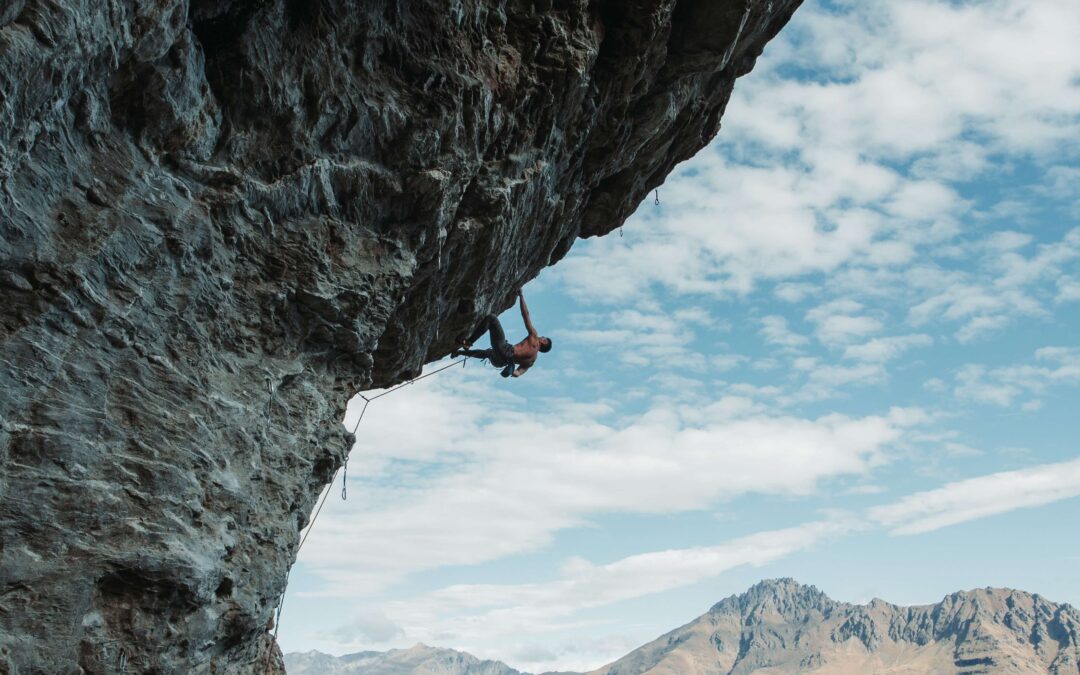The art of climbing challenges strength, focus, and resilience, while also placing unique demands on your body. So, when climbing injuries strike, working with a climbing physio means you’re guided by someone who understands the sport, the movements, and the mindset. At Newport Physio and Health, Ryan Yang is both a seasoned climber and a senior physiotherapist, blending medicine with passion to help you recover quickly and return to the wall safely.
The Most Common Climbing Injuries
Climbing injuries can range from annoying niggles to major problems that stop you from training altogether. The five most common injuries include –
- Finger pulley tears and strains. This can be acute or from overuse.
- Chronic elbow tendon pain (golfer’s or tennis elbow).
- Shoulder instability or impingement.
- Wrist injuries such as TFCC strain.
- Knee or ankle sprains from bouldering falls or awkward landings.
How a Climbing Physio Helps
Seeing a physiotherapist who understands climbing at a high level offers more than just pain relief. Your treatment plan will not only address current injuries and niggles, but also focus on improving movement efficiency and climbing technique. This approach helps reduce the risk of future injuries and supports a safer, faster return to climbing. You can expect a tailored plan that includes –
- Hands-on therapy to ease pain and stiffness.
- Specific exercises to rebuild strength and resilience, on and off the wall.
- Education on efficient movement patterns to avoid reinjury and maximise performance.
- Guidance on when and how to return to climbing safely.
Prevention and Self-Care Tips
Simple strategies to help reduce your risk of climbing injuries include –
- Warm up fingers, shoulders, and hips before climbing.
- Optimise training intensity, frequency and variety to avoid overload.
- Use proper footwork and technique optimise weight distribution.
- Have a plan but also listen to your body and rest when needed.
When to See a Physio
If pain lingers longer than a week, limits your movement, stops you from training and not getting better on its own, it’s time to see a climbing physio. Early support means a quicker recovery, earlier return to climbing and less chance of chronic issues.

